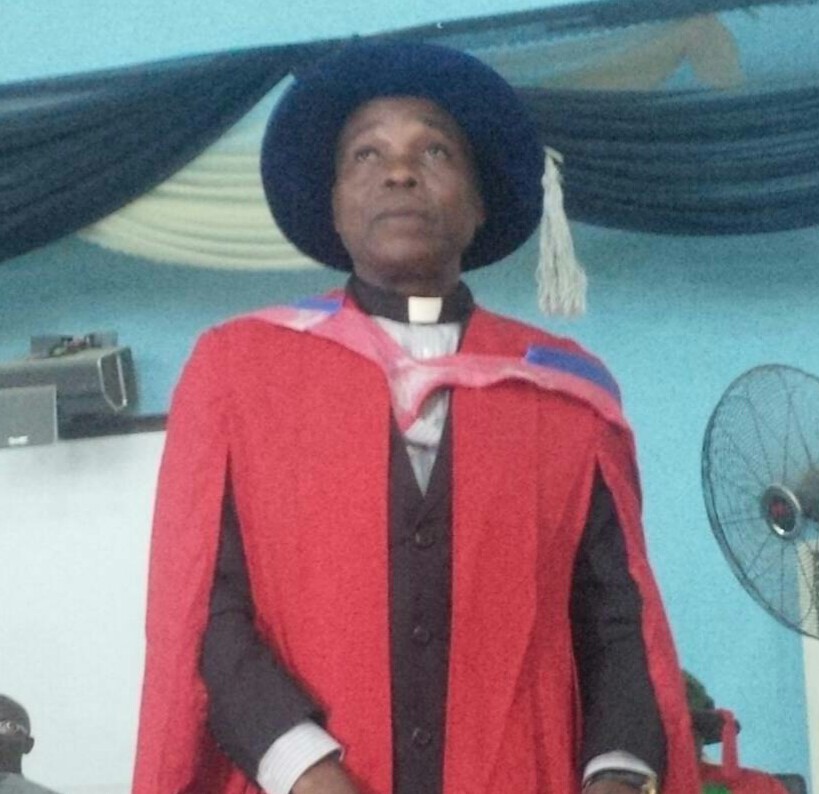Isaac Ombe, Yenagoa
A Professor of Educational Planning in the University of Benin (UNIBEN), Benin-City, Edo State, Mon Nwadiani, has identified underfunding of education in oil rich Bayelsa State as a major cause of slow pace of educational growth that has led to the state’s backwardness in the sector.
Venerable Prof. Nwadiani who is a former Dean at the Faculty of Education in the institution, stated that education in Bayelsa State, like other states, is seriously underfunded with the attendant unintended and undesirable outcomes .
Prof. Nwadiani who was one of the major Resource Persons at the recent education summit organised by the state government, decried that Bayelsa State as one of the biggest oil producing states in Nigeria said though the state educational system was ‘not backward’, but it is in a slow pace growth and development.
READ ALSO: http://Avila Naturalle opens fashion line, advocates use of natural beauty products
“Funding has been implicated as one of the forces against the provision and delivery of education in the state”, noted Prof. Nwadiani in his lead paper presented at the summit which was titled, ‘Funding and Financing Education: Issues , Problems , Challenges, Prospects and the Way Forward for Bayelsa State.’
Marshaling out a rhetorical statement on the funding of education in the state, Prof. Nwadiani, who noted that “no amount of money would be enough to fund education and no amount of money will not be enough to fund education”, pointed out that a major issue in funding education is the culture of government monopoly .
He lamented that due to the monopolistic attitude of government, it was never bothered to exhaust other sources of funding education in the state such as Credit, Venture, Capital, Grants , donations, savings, subsidies, taxes, individuals, corporate bodies and other situational sources.
“But education in Bayelsa state like other states in Nigeria ,is the culture of monopoly of sources by government
“It is argued that because education is on the current list, constitutionally, education as a public good is the responsibility of government”.
Further recalling the genesis of government monopoly on education, he said education was left in the hands of the missionaries for too long in the colonial era, and by the time government realised its mistakes, it was too late. Government’s late entry into education and take over of education informed government’s monopolies tendencies.
“It could be recalled down memory lane that actually government is a late comer in education business
“Formal education in Nigeria is a missionary initiative. The colonial government them did not see the need to participate in the education of the citizens
“By the time they realize the need as a responsibility, much water had passed under the bridge.
READ ALSO: http://2023: Thousands match for Saraki in Kwara
“Thereafter, they monopolised the provision of funds and systems control with the complete take-over of schools by government by non-governmental agencies in 1973.”
The Professor of Education also added that government under funding education was the problem of the day which informed its attendant backward effect on all other things .
He continued, “Because it is under-funded, it has spiral effect . Because of this, all other issues in the sector except students are underfunded,” he added.
Prof. Nwadiani, whose presentation was also lased with lamentations on the deplorable state of education generally in Nigeria also said that, “We are joking with education in this country”, stressing “Facilities are like centers of punishment . Everything is in shambles.”
He observed with dismay that it was only in Nigeria Higher Education was cheaper than Lower Education.


